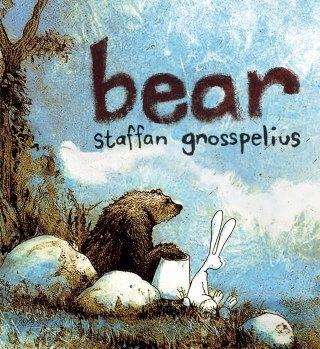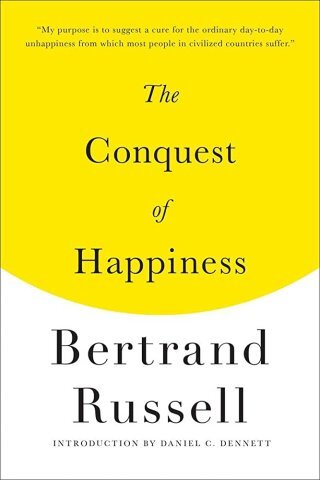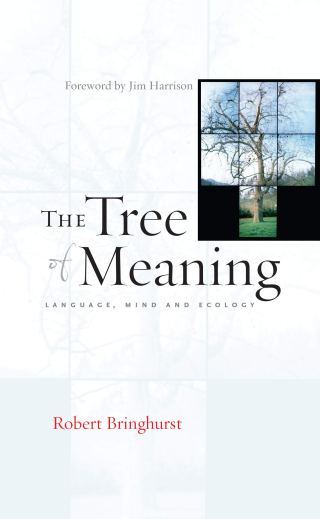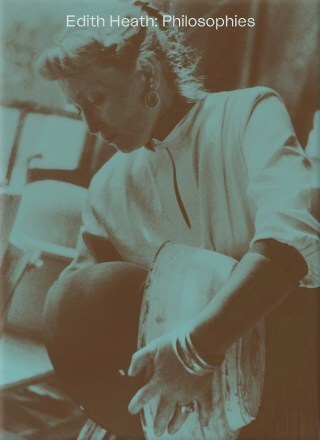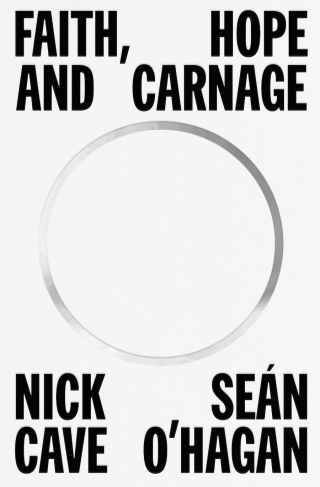Maria Popova's Blog, page 47
February 22, 2023
Bear: A Soulful Illustrated Meditation on Life with and Liberation from Depression
Those of us who have lived with depression know the way it blindfolds us to beauty, the way it muffles the song of life, until we are left in the solitary confinement of our own somber ruminations, all the world a blank. It might feel like the visitation of some monster, but it is not something that happens upon us from the outside — it is our own undulating neurochemistry, it is the parts of ourselves we have not yet befriended, integrated, understood. “The gr...
February 21, 2023
Bertrand Russell on the Secret of Happiness
In my darkest hours, what has saved me again and again is some action of unselfing — some instinctive wakefulness to an aspect of the world other than myself: a helping hand extended to someone else’s struggle, the dazzling galaxy just discovered millions of lightyears away, the cardinal trembling in the tree outside my window. We kn...
February 20, 2023
The Poetry of Science: A Victorian Portal to Wonder
“Science describes accurately from outside, poetry describes accurately from inside,” Ursula K. Le Guin wrote in her wonderful meditation on subjectifying the universe. “Science explicates, poetry implicates. Both celebrate what t...
February 18, 2023
Saying the Ineffable: Poetry and the Language of Silence
Language is not the content of thought but the vessel into which we pour the ambivalences and contradictions of our thinking, afloat on the current of feeling and time. When the vessel becomes too small to hold what we pour into it, language spills into poetry.
In this respect, poetry serves the same function as prayer: to give shape and voice to our unspoken and often unspeakable hopes, fears, and inner tremblings — the tenderest ...
February 15, 2023
User-Friendly Self-Deception: Philosopher Amélie Rorty on the Value of Our Delusions and the Antidote to the Self-Defeating Ones
“Life is a dream. ‘Tis waking that kills us. He who robs us of our dreams robs us of our life,” Virginia Woolf wrote as she considered how our illusions keep us alive, shining a sidewise gleam on an elemental fact of human nature: We are touchingly prone to mistaking our models of reality for reality itself, mistaking the strength of our certainty for the strength of the eviden...
If You Fail at Love
“There is hardly any activity, any enterprise, which is started with such tremendous hopes and expectations, and yet, which fails so regularly, as love,” the great humanistic philosopher and psychologist Erich Fromm wrote in his timeless treatise on learning love as a skill. We fail at it largely because, given how profoundly shaped we are by our formative attachments, those of us who grew up with instability and violence from our ...
February 12, 2023
Meditation in Sunlight: May Sarton’s Stunning Poem About the Relationship Between Presence, Solitude, and Love
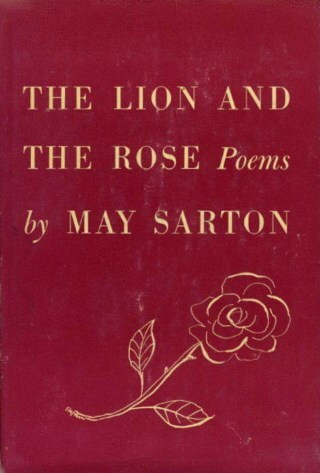
May Sarton (May 3, 1912–July 16, 1995) was thirty-three when she left Cambridge for Santa Fe. She had just lived through a World War and a long period of personal turmoil that had syphoned her creative vitality — a kind of deadening she had not experienced before. Under the immense blue skies that had so enchanted the young Georgia O’Keeffe a generation earlier, she started coming back to life. Her white-washed room at the boarding house had mountain views, a rush of...
February 11, 2023
The Creative Accident: Visionary Ceramicist Edith Heath on Serendipity, the Antidote to Obsolescence, and the Five Pillars of Timelessness
“No one is fated or doomed to love anyone,” the philosopher-poet Adrienne Rich wrote, “the accidents happen.”
What is true of interpersonal love is also true of our labors of love — creative accidents are a mighty instrument of art, often steering entire trajectories of expression and endeavor in directions we could not have willed.
That is what the visionary ceramicist Edith Heath (May 24, 1911–December 27, 2005) e...
February 7, 2023
Dinosaurs of the Sky: Consummate 19th-Century Scottish Natural History Illustrations of Birds
Birds populate our metaphors, our poems, and our children’s books, entrance our imagination with their song and their chromatically ecstatic plumage, transport us on their tender wings back to the time of the dinosaurs they evolved from. But birds are a time machine in another way, too — not only evolutionarily but culturally: While the birth of photography revolutionized many sciences, birds remained as elusive as ...
Nick Cave on the Art of Growing Older
“The perilous time for the most highly gifted is not youth,” the visionary Elizabeth Peabody, who coined the term transcendentalism, wrote in her timeless admonition against the trap of complacency. “The perilous season is middle age, when a false wisdom tempts them to doubt the divine origin of the dreams of their youth.”
A cent...

